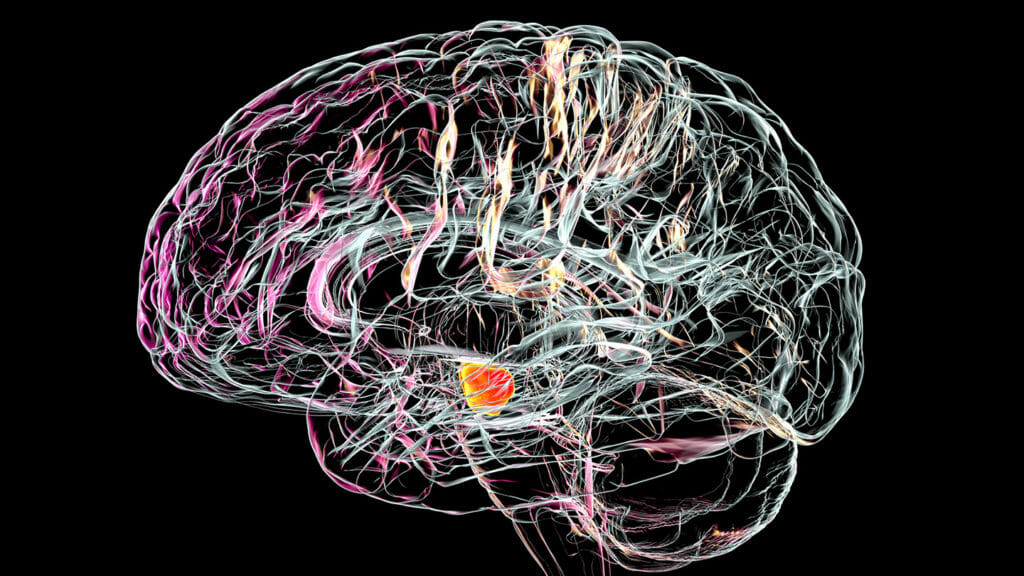
Since the emergence of ChatGPT over the past year, artificial intelligence has become a crucial tool for healthcare research.
Machine learning, often coupled with wearables like smartwatches, is being used to predict a variety of diseases that affect older adults.
And the ability to recognize disease subsets could become important for introducing more specialized care and disease management. For instance, some already have suggested that stricter protocols overall are needed for better care of Parkinson’s patients.
Whereas some AI already may be able to predict Parkinson’s years before symptoms occur, new research takes that capability even further and can delve into subtypes.
A machine learning tool, developed by Faculty AI and researchers at the Francis Crick Institute and UCL Queen Square, uses images of stem cells to predict four different types of Parkinson’s.
Up until now, predicting different types of Parkinson’s has been a major challenge, the researchers claim.
“Using deep learning, we were able to extract much more information from our images than with conventional image analysis,” study co-author James Evans, PhD, said in a statement. “We now hope to expand this approach to understand how these cellular mechanisms contribute to other subtypes of Parkinson’s.”
Proper care for Parkinson’s residents is particularly important, as they are more prone to falls, confusion and other maladies that affect older adults.
Approximately one-quarter of all Parkinson’s patients live in long-term care facilities. Currently, there are about 1.2 million Americans in whom Parkinson’s has been diagnosed, and that number is expected to increase by around 90,000 new cases a year.
The AI study results, which were shown to classify Parkinson’s with up to 95% accuracy, could pave the way for new drug discoveries and more personalized medicine options, the researchers said.


